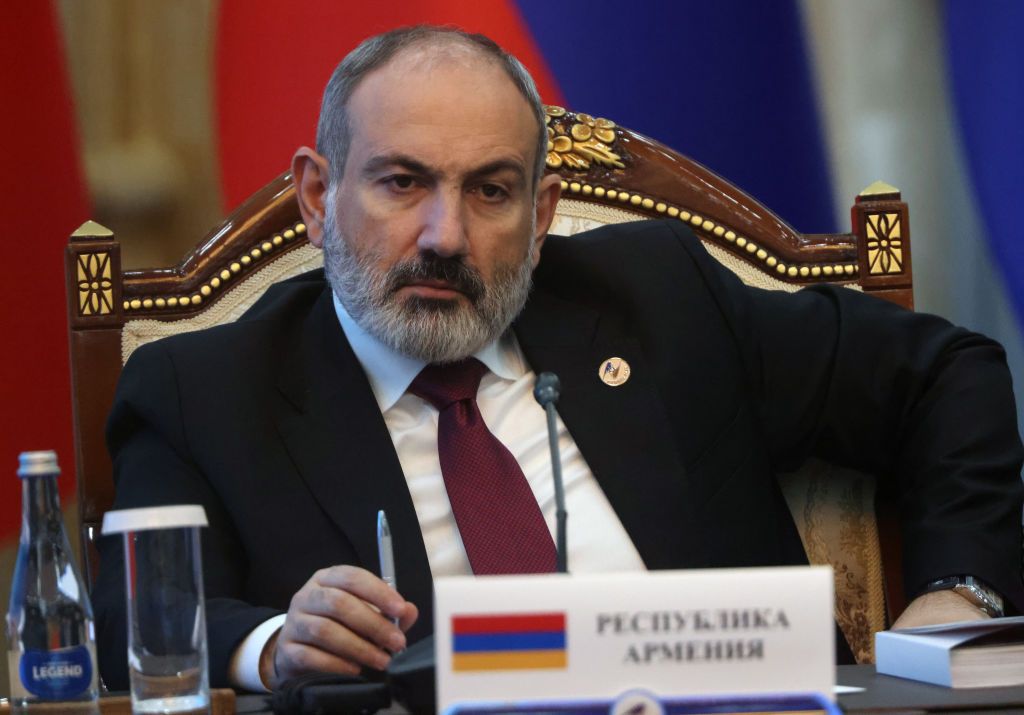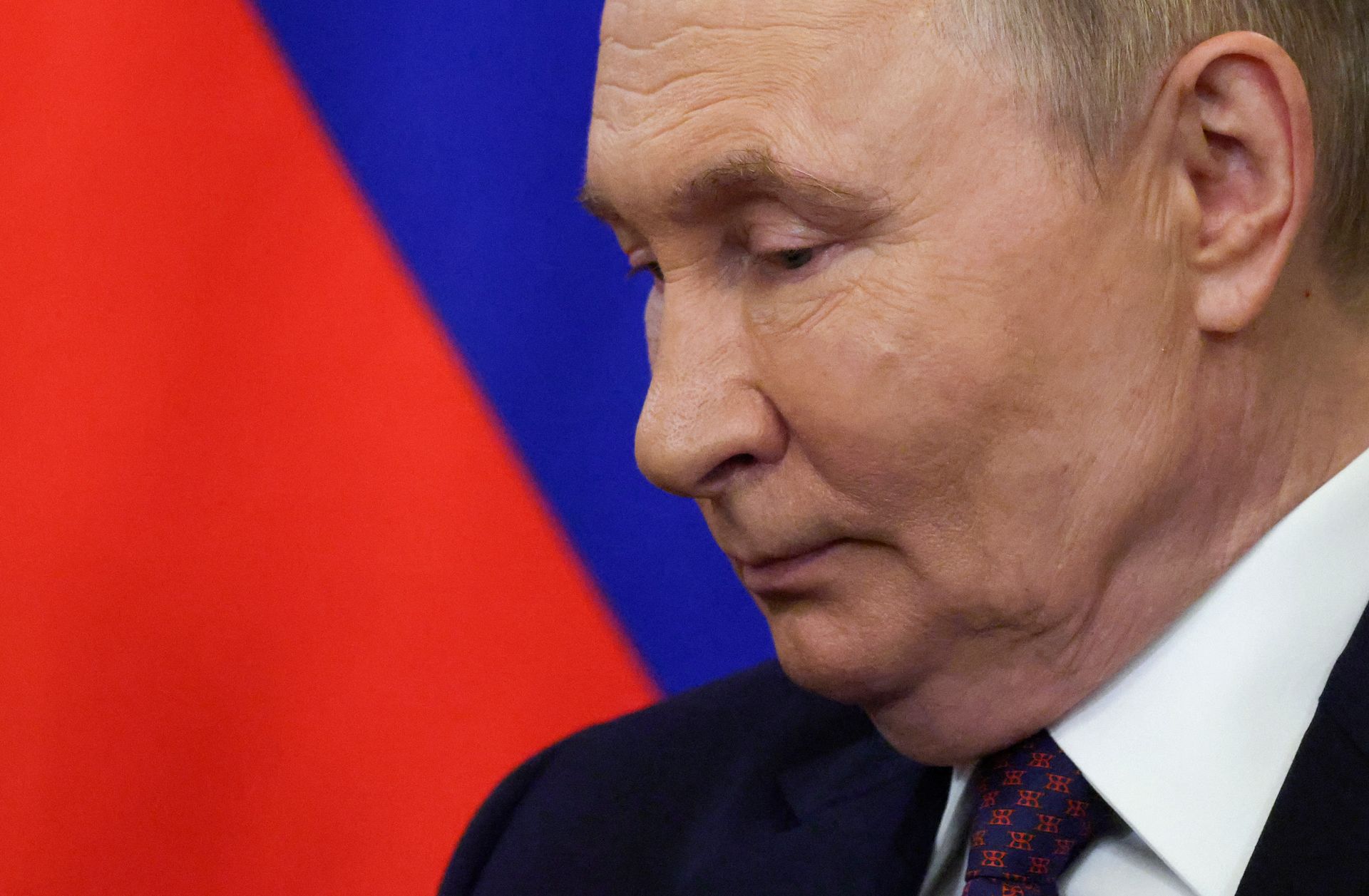Trump says Armenia, Azerbaijan to sign peace deal, citing success of his administration's efforts

U.S. President Donald Trump announced that he will host the leaders of Armenia and Azerbaijan on Aug. 8 for a "Historic Peace Summit" at the White House, aimed at resolving decades of hostilities between the two nations.
Armenian Prime Minister Nikol Pashinyan and Azerbaijani President Ilham Aliyev are scheduled to join Trump for an "official Peace Signing Ceremony," according to Trump's post on his Truth Social platform. "These two Nations have been at War for many years, resulting in the deaths of thousands of people," Trump wrote.
"Many Leaders have tried to end the War, with no success, until now, thanks to ‘TRUMP.’ My Administration has been engaged with both sides for quite some time." He added that he was "very proud of these courageous Leaders for doing the right thing."
The two nations have been sworn enemies for decades, engaging in two wars over Nagorno-Karabakh region, a long-disputed enclave primarily populated by ethnic Armenians, but internationally recognized as Azerbaijan territory.
Azerbaijan recaptured the territory from Armenian forces in a swift 2023 offensive, prompting the exodus of more than 100,000 ethnic Armenians. Despite holding previous talks aimed at a peaceful resolution, including a meeting last month in the United Arab Emirates, a breakthrough had proven elusive until now.
Trump, who has previously expressed his belief that his mediation efforts deserve the Nobel Peace Prize, added that Washington would sign bilateral agreements "with both Countries to pursue Economic opportunities together" to unlock the region's potential.
According to officials who spoke with the Associated Press, the prospective agreement would grant the U.S. leasing rights to develop a new transit corridor, which would be named the "Trump Route for International Peace and Prosperity."
This corridor is designed to connect Azerbaijan to its Nakhchivan region, separated by a 32-kilometer (20-mile) stretch of Armenian territory. The new route is expected to eventually include rail, oil, gas, and fiber optic lines, facilitating the movement of goods and people. The deal stipulates that private corporations, not the U.S. government, would fund its construction.













